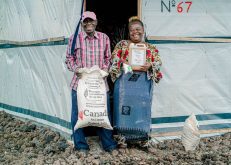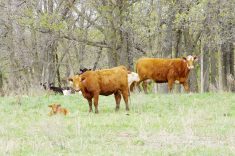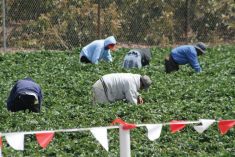COVID-19 has stopped many things, but not the volunteers of Canadian Foodgrains Bank growing projects.
In Kneehill County, the Linden-Acme Foodgrains Growing Project will be planting its 17th crop — this year, it will be barley for silage, said Earl Jeninga, manager at Kneehill Soil Services.
Anywhere from 30 to 40 people volunteer each year to help with some aspect of the project or a fundraising barbecue held each fall. Since 2004, community volunteers have raised nearly $8 million for Canadian Foodgrains Bank efforts around the world.
Read Also
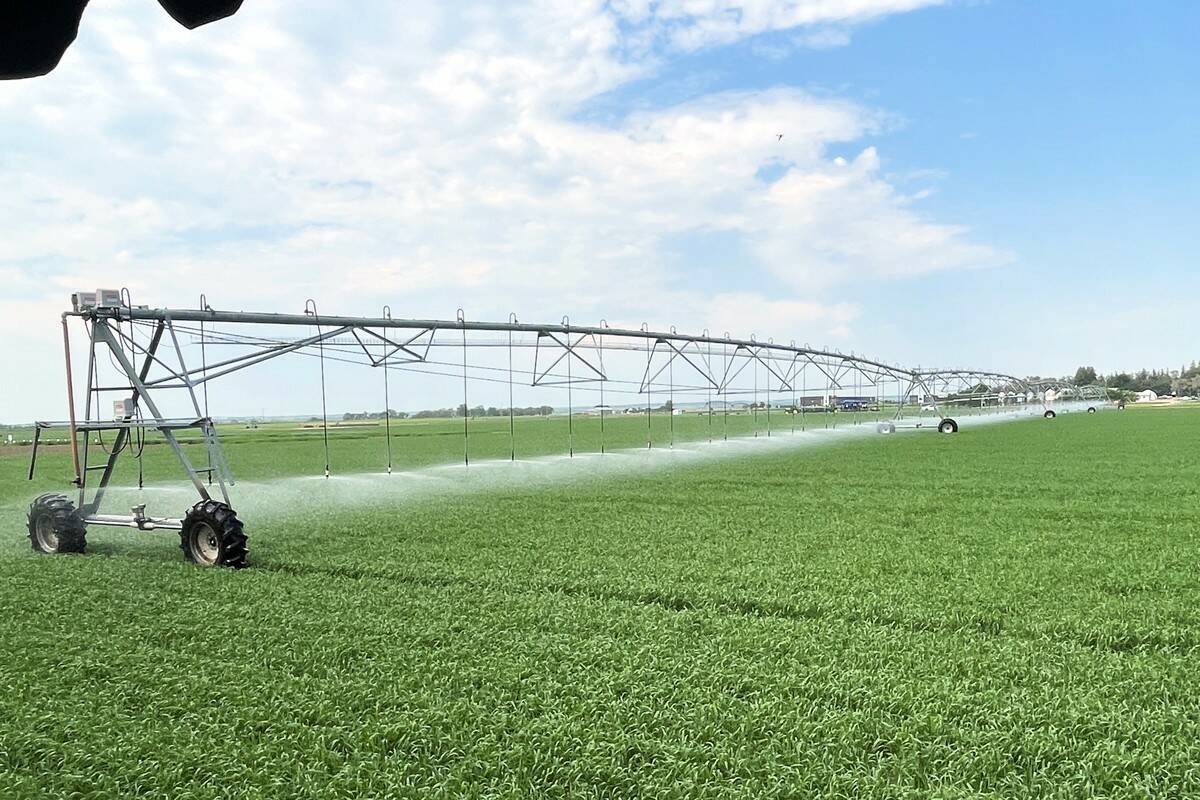
Promising 2026 water outlook brings relief for Alberta producers
Alberta’s 2026 water outlook is positive. Above-normal snowpack and reservoirs offer farmers the best moisture levels since 2022.
“Our contribution to the project isn’t going to change — we were heavy supporters already,” said Jeninga. “I’m sure people are aware that the problem of world hunger is elevated. Our project is going on, and it will do as well as it ever has.”
The Foodgrains Bank, which is operated by 15 Canadian churches and church-based agencies, is active in more than 40 countries, providing both food assistance and helping farmers to increase productivity.
“We want to feed the hungry,” said Jeninga. “That’s why people do it. We have the projects, we have the resources available to us.”
The organizing committee has already decided not to host a barbecue this year because respecting social distancing rules, if still in place, would be such a challenge. Last year’s dinner — smoked brisket and pumpkin pie — attracted a crowd of more than 500 and, along with a silent auction, raised nearly $30,000.
“They’re starting to relax things a bit, but we usually get quite a crowd out,” Jeninga said. “I haven’t come up with a strategy on that yet. I think we’ll do a little canvassing, email thing. We can’t hold an event.”
He thinks that reaching out to people electronically will work.
“We are still going to have the crop, and we expect a good crop, so we’ll have all those funds,” he said. “We’ll accept donations. Most people have in their budget that they donate to the project, so they will probably still do it. It will just be in cash. I’m pretty confident they will come to the plate and donate the way they always do.”
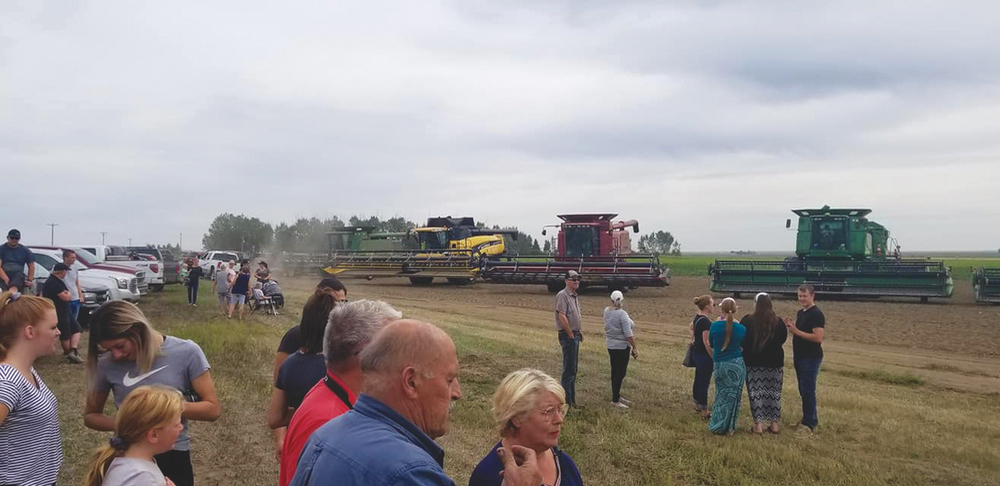
Same but different is also the theme for the Vauxhall & District Growing Project.
That meant making sure everyone knew the health protocols when it came to dealing with suppliers and collecting donations, said organizer Kerby Redekop, a sugar beet producer.
But taking a break from an effort that has been going on for about 18 years was never in the cards.
“We felt it was important to keep the project going,” he said. “With the virus affecting everybody around the world, it’s hitting those less fortunate countries harder because they don’t have the medical infrastructure to deal with some of those emergencies.
“For our part, we’re going to keep doing what we’ve been doing for the past number of years to get them as much food aid as possible so they don’t have to worry about that at least.”
Last year, the group raised more than $115,000 through the growing project and a fall supper.
No decision has been made about the fall event, which takes about 50 volunteers to stage.
But people are always eager to contribute, said Redekop.
“We love the way it gets the community involved, as well as a bunch of local farms and businesses that normally don’t have a chance to work together the rest of the year,” he said.
This year, producers from about 20 farms will seed, fertilize, spray and harvest about 140 acres of durum wheat.
“I think at this point, we are still optimistic that there could be a fall event. It would just be at harvest time or after harvest,” he said. “Even if that doesn’t happen, a lot of the people who come would donate directly to (the Foodgrains Bank head office in) Winnipeg, instead of giving it to us and then we send it. A lot of the farms, which are about 75 per cent of donations, will still donate. They do it in the course of their spring business. I don’t really anticipate a lot of difference there.”
Even though times are tough on the farm, producers in his area still want to make a difference and help people overseas, Redekop said.





